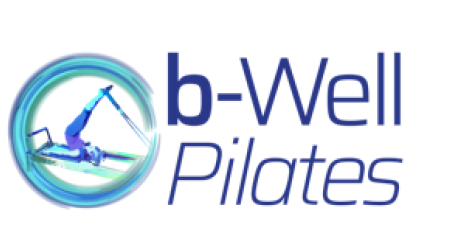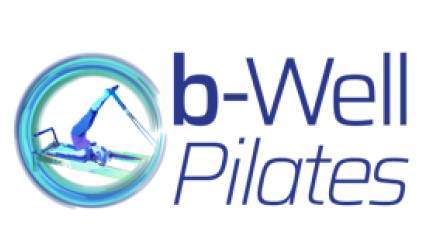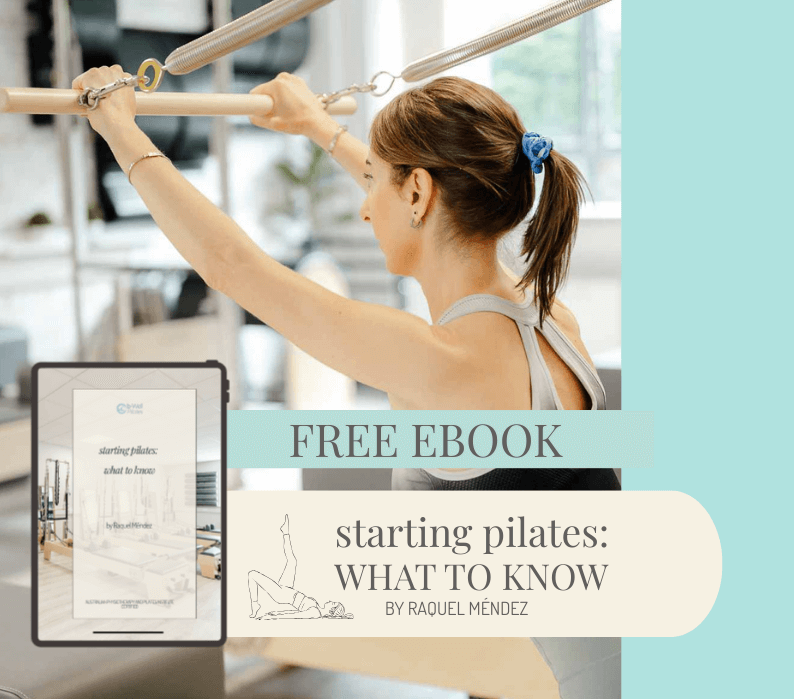Midlife women and wellbeing

Midlife women and wellbeing
Most women start noticing the early signs of perimenopause (the period preceding menopause) during their 40s. Yes, menopause is a process that last several years and your body will send you signs for a long time before your last period. Recognizing them and acknowledging them is the first step if we really wish to embrace a healthier and happier version of ourselves as we walk through middle life and beyond.
This is a super shortlist of the most common symptoms and simple lifestyle changes that can help you cope and stay healthy through this stage. Don’t wait to have everything sorted, we need to start somewhere and the first step it’s always the most challenging. As always consistency is the key.
Anxiety and stress
It’s not uncommon during this transformation period (as I like to call it) waking up several times during the night and even struggling falling sleep when you go to bed. Plan some regular walks in nature and prioritise yourself as much as possible. Yoga Nidra or just counting backward while in a comfortable lying position with your eyes closed (even for 5 minutes) can have a positive impact on your day. Explore different ways to manage stress (mindfulness, meditation, tai-chi, pilates)
Weight gain and fat that stores around the tummy. It could be triggered by poor sleep, changes in oestrogen levels, lack of exercise, and metabolic changes, among others.
Move more often and be selected on the type of exercises you engaged. Add some cardio to your routine if possible every day. Brisk walking for 15-20 minutes, Healthy Hiit Pilates, or dancing are usually popular options. Try to look for something that you enjoy doing and that is social (in a group) as this will also boost your energy, mood, and ‘feel-good hormones. Make it fun and diverse. Reduce refined carbs, saturated fats, and watch your sugar intake.
Decrease in muscle mass and bone density
Engage in a weights routine. Research shows that weight training two or three times a week can help to keep bone and mass density and even improve it. Reformer Pilates is a fantastic way of resistance (weight) workout, yet safe for your joints as it is low impact and it is also highly recommended by GPs and physios.
Mood swings and fatigue
The less we move the less energy we will have, that’s a fact. Go out for a walk and take some fresh air every day. It is even better if you can do it in the morning.
Change in cholesterol levels
Embrace healthier and more natural meal programs, eat food that is rich in nutrients; omega 3 fatty acids, fibres and plant-based protein. Protein will help you keep and promote mass muscle. Increasing the intake of fibres will aid constipation (and this is also good as a healthy gut is crucial for pelvic floor health). Fatty acids are well known for its benefits. Even more, recent studies linked the intake of Omega 3 with an improvement of menopausal symptoms such us depression and stress. There is also evidence that they help prevent heart disease and stroke. If you’d like to go into deeper details and find ideas and suggestions it might be good idea to work together with a qualified nutritionist.
Decrease on flexibility
Pilates can definitely help you increase and maintain flexibility and because it’s a mind-body practice you will get the added benefit of improving general wellbeing and reduce stress. Check out the virtual Women’s Health Pilates classes and get in touch if you like to find out more.
#midlifewomen #andfabulous #middlelifewomen #middleliferevolution r #menopause #women #midlifestyle #perimenopause #midlifefitness
email: [email protected]
Phone: 085 858 2333
Address:
Lower ground floor, Fingal Bay
Business Park, Unit 3c, Balbriggan
©b-well pilates 2025


